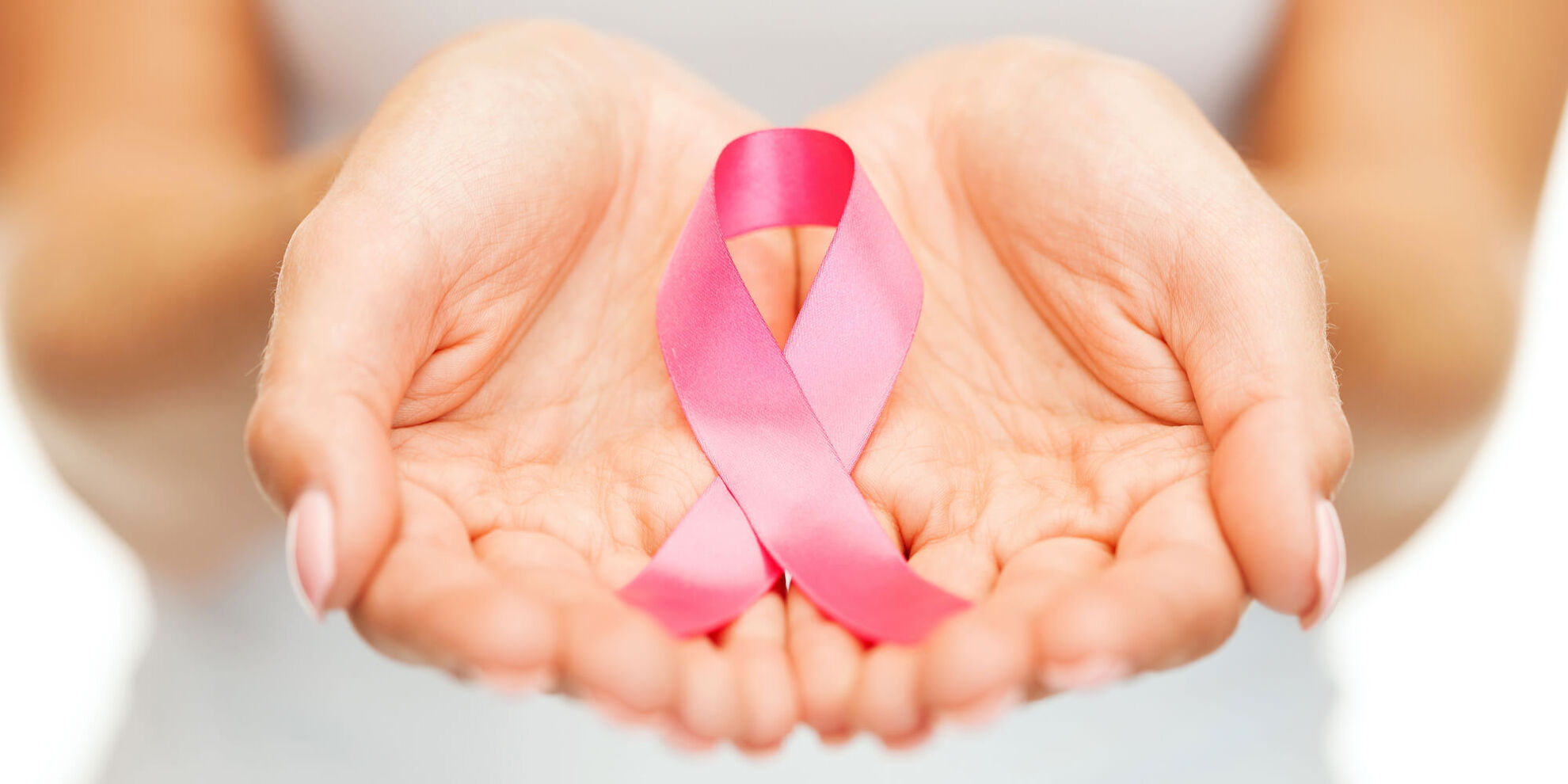Research focuses on chronic condition that leads to swelling

TNQ women who have completed treatment for breast cancer are needed for a study to explore the effectiveness of information given to them to prevent a condition that can cause chronic swelling of the arm.
Principal investigator Sara Hurren, who is undertaking a Graduate Certificate in Research and Methodology at James Cook University, is researching the lymphoedema prevention information given before and after breast cancer surgery.
Lymphedema is a condition of localized fluid retention and tissue swelling caused by a compromised lymphatic system.<strike></strike>
“I need to do a 30 to 60-minute taped interview with 10 women who are at high risk of lymphoedema to find out if the information they were given was helpful and whether they could understand it,” she said.
“The women need to have completed treatment for breast cancer between six months and two years ago to participate.
“This will be the first time this information has been evaluated to determine how satisfied women with breast cancer are with the relevance of lymphoedema information, its source, content and appropriate time for distribution.
“Lymphoedema affects one in five women with breast cancer and is one of their biggest fears as, while most symptoms are mild and last a short time, they can be more severe and have a long-lasting effect.”
Both before and after breast surgery women are given prevention strategies for lymphoedema, including:
• Avoiding sunlight on the affected arm.
• Keeping the skin moist.
• Treating any cuts or breaks to the skin using antiseptic creams.
• Protecting hands with gloves while washing dishes and gardening.
• Avoiding using the affected arm for blood pressures measurements, injections and blood samples.
• Wearing a compression garment when flying.
• Avoiding lifting heavy shopping bags.
Ms Hurren has been an oncology nurse for more than 20 years and is a cancer services nurse educator with the Cairns & Hinterland Hospital Health Service.
For more information on the study contact Sara Hurren on 4232 1488 or email [email protected].

